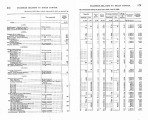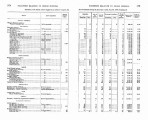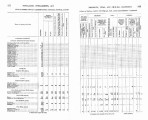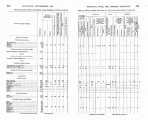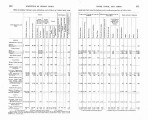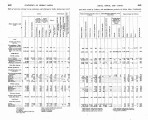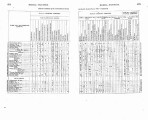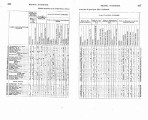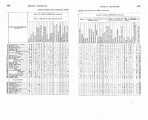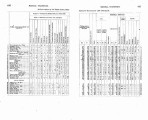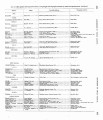| Title |
Annual Report of the Commissioner of Indian Affairs - 1888 |
| Subject |
Indian reservations; Federal government; Black Hawk, approximately 1832-approximately 1890; Indians of North America; Indians of North America--Education; Courts; Allotment of land; Land use; Railroads; Timber; White people--Relations with Indians; Education; Employment (Economic theory); Work; Health; Religion; Missionaries; Culture; Indigenous peoples--North America |
| Keywords |
Annual Report; Indian Agency; Reservations; Black Hawk; Tribal Funds; Allotment; Land Rights; Indian; White Relations; Superintendency; Native Americans |
| Publisher |
Digitized by J. Willard Marriott Library, University of Utah |
| Tribe |
Ute |
| Language |
eng |
| Description |
Excerpts concerning Utah from the Annual Report of the Commissioner of Indian Affairs - Courtesy of the University of Wisconsin Digital Collections. The Commissioner of Indian Affairs outlines money appropriated by Congress to the various tribes, the conditions at Indian schools, the number of employees within the Indian agency, the continuation and commencement of railroad construction through Indian lands, debate concerning U.S. citizenship for Indians, etc. An agent from Colorado submits a report pertaining to the Southern Utes. The Uintah Ouray Reservation agent submits a report about Ute culture, the consumption of rations, livestock raising, missionary work, and education. The Uintah Boarding School agent submits a report regarding conditions at the school. The Ouray agent describes the population on the reservation and agricultural pursuits |
| Type |
Text |
| Coverage |
Uintah and Ouray Indian Reservation (Utah); Utah; Washington (D.C.) |
| Format |
application/pdf |
| Rights |
Digital Image © 2011 America West Center. All Rights Reserved |
| ARK |
ark:/87278/s6rz27rh |
| Creator |
Commissioner of Indian Affairs |
| Date |
1888 |
| Spatial Coverage |
Uintah and Ouray Indian Reservation (Utah); Utah; Washington (D.C.) |
| Setname |
uaida_main |
| ID |
370866 |
| Reference URL |
https://collections.lib.utah.edu/ark:/87278/s6rz27rh |














































































































